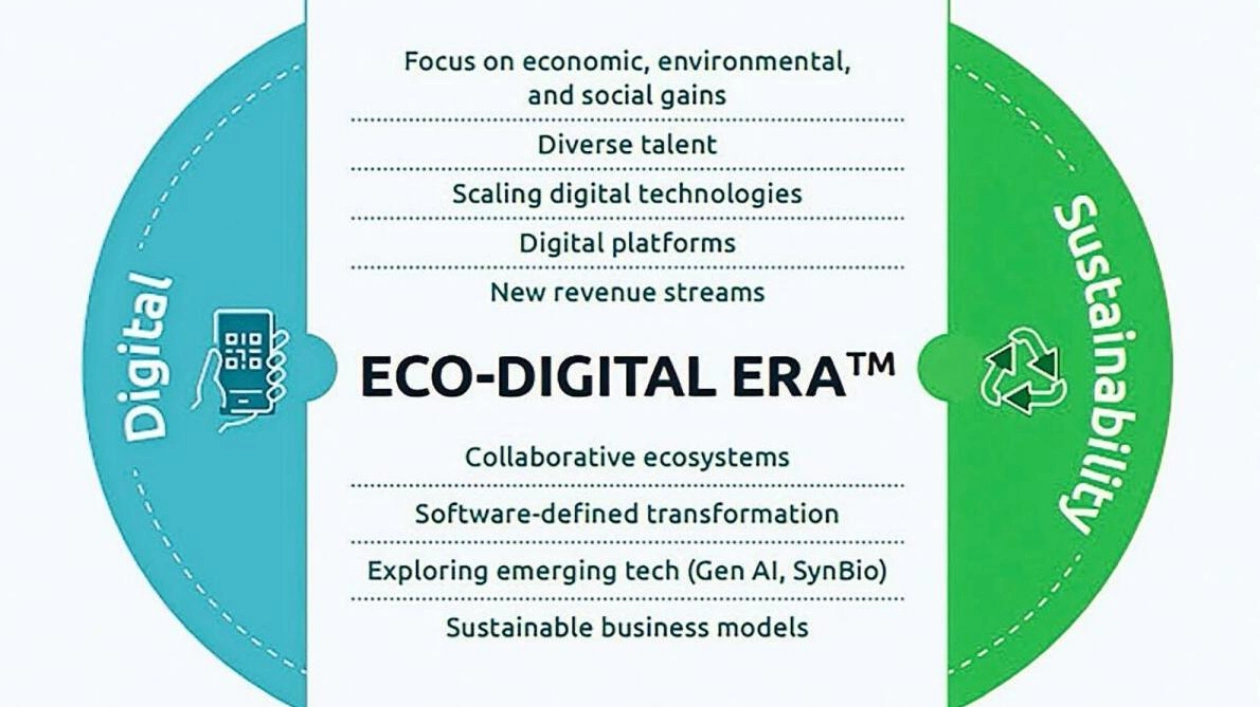The rapid digitisation and the rise of sustainable value ecosystems are profoundly reshaping the global business landscape and broader economic and societal environments. A senior official emphasizes that the corporate sector must prepare for future challenges.
Gagandeep Gadri, Managing Director of frog, highlights that the future is capital-constrained and resource-constrained, urging businesses to find innovative ways to tackle challenges and survive in a competitive environment. Gadri advises that today’s businesses should collaborate with startups and innovators to solve complex problems, accelerate growth, and scale new technologies.
Frog, part of Capgemini Invent, is positioned as the reinvention and experience partner for the eco-digital era. The company brings diverse skillsets to drive growth, enhance experiences, and create lasting impact at scale by fusing art and science to realise the future.
Gadri recommends specific strategies for businesses transitioning to eco-digital models, emphasizing the need to leverage current business as a bridge to the future. This involves reviewing portfolio strategies, boosting productivity, enhancing customer relevance, and utilising technologies like Generative AI to carve out economic space for future value propositions.
Balancing immediate profit goals with long-term innovation and sustainability is crucial. Frog aids clients in this transition by empowering them to pivot their existing customer portfolio and build new ventures for future opportunities.
Generative AI is revolutionising value propositions by enabling new ways of engaging customers, optimising operations, and driving innovation. Businesses must define their value proposition considering this disruption and aim for a future that is both in sync with this reordering and planet positive.
Frog’s collaboration with IKEA exemplifies successful business reinvention, highlighting key learnings. The challenges of digital transformation span organisational, people-related, and technical aspects, which can be overcome through strategic alignment, future-ready skillsets, and collaborative, tech-enabled ecosystems.
In the eco-digital era, customer expectations are evolving rapidly, driven by speed and agility. Brands must respond with seamless digital touchpoints and value-based purchasing. Businesses should track metrics like topline sales growth, cost-to-serve reduction, and customer satisfaction to measure reinvention success.
Fostering a culture of innovation involves establishing clear strategies, providing robust platforms, and creating supportive environments that encourage risk-taking and celebrate wins.
Source link: https://www.khaleejtimes.com






